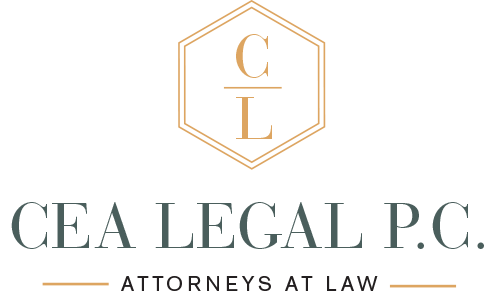COVID-19 RELIEF: NON-REPAYABLE LOANS AND GRANTS
Following the outbreak of COVID-19, federal, state, and local authorities are arranging loans with favorable terms and grants to businesses and individuals economically affected by the crisis. On March 27, 2020, President Trump signed into law the Coronavirus, Aid, Relief and Economic Security (CARES) Act upon unanimous approval of Congress. One of the most significant sections is the “Paycheck Protection Program”, a lending program administered by the Small Business Administration (SBA) to provide loans to small and medium-sized businesses affected by the COVID-19-induced economic crisis in the United States.
Businesses eligible for the Paycheck Protection Program are enterprises, nonprofits, tribal business concerns and veteran’s organizations that were in business as of February 15, 2020 and:
Have less than 500 employees, or
Are sole proprietors, self-employed individuals, or independent contractors
The maximum loan amount shall be calculated as: 2.5 times the average monthly payroll cost during the 1-year period prior to loan date. For new enterprises, the relevant period would be January 1 through February 29, 2020. “Payroll costs” shall be broadly construed as to include salaries, wages, retirement contributions, covered leave, healthcare benefits, and other expenses.
Most interestingly, businesses that receive a loan under the “Paycheck Protection Program” shall not return any part of the sum granted, as long as the funds are used to cover fixed operating costs (rent, payroll, utilities, healthcare benefits, mortgage interest obligations) during the eight weeks following the receipt of the loan.
However, loan forgiveness will be proportionally reduced If:
the average number of employees during the covered period (February 15, 2020 through June 30, 2020) is reduced as compared to the same period of 2019 or to the period January 1, 2020 through February 29, 2020; or
the salary of any employee is reduced more than 25%, compared with the most recent full quarter.
Any amount of the loan that cannot be forgiven shall carry a 4% interest rate and a 10-year maturity date.
At the local level, in New York State, Governor Cuomo recently issued two executive orders that offer several protections to businesses operating in New York State. Additionally, businesses operating in one of the five boroughs of New York City can apply to receive assistance from the following:
NYC Small Business Continuity Loan Fund, a program introduced to provide zero interest loans of up to $75,000 for those small-medium companies with:
fewer than 100 employees;
a decreased revenue of 25% or more;
have been in business for at least 2 years;
and have no outstanding tax liens or legal judgments.
NYC Employee Retention Grant Program, a program introduced to provide a grant of up to 40% of the payroll to small companies with:
fewer than 4 employees;
a decreased revenue of 25% more;
have been in business for at least 6 months;
and have no outstanding tax liens or legal judgments.
In both the NYC Small Business Continuity Loan Fund and the NYC Employee Retention Grant Program, applicants will have to disclose updated financial documents, tax returns, payroll statements, corporate documents, and details on existing debts.
At Cea Legal, we assist with reviewing the requirements of each business, self-employed individual, sole proprietor, or independent contractor with respect to each loan or grant available, and with collecting the relevant documentation in order to apply to the lender administering each program. Schedule a free consultation this week to discuss how we can assist your business in obtaining a loan or a grant.
For more information on the CARES Act, Payroll Protection Program, and other financial resources for small businesses in these uncertain times, check out Money.com’s best small business loan guide.

